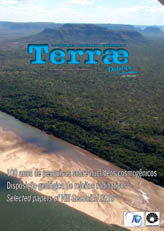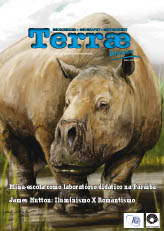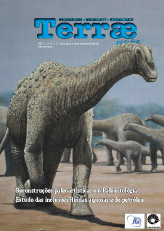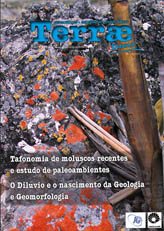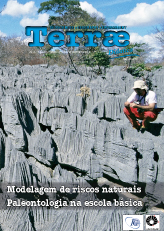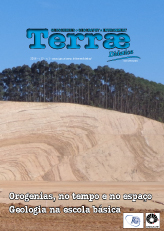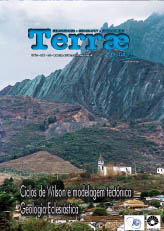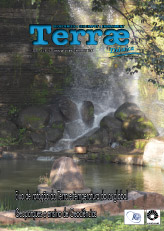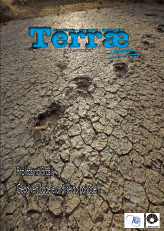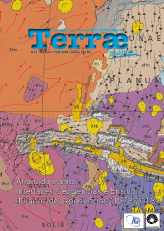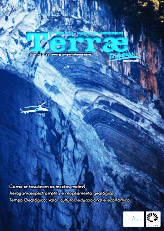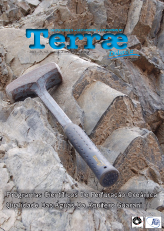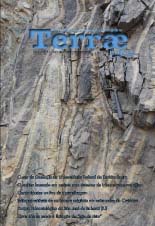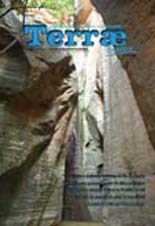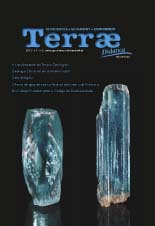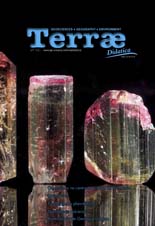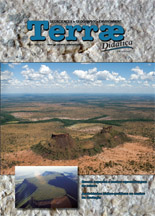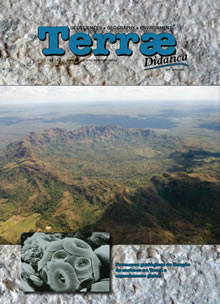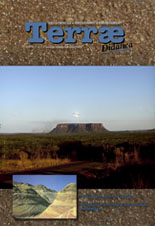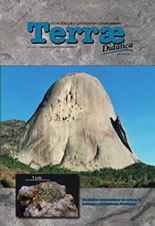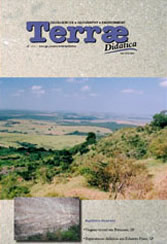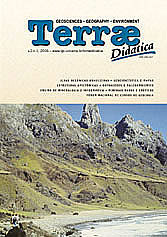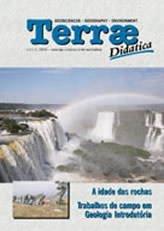Campinas-Brasil
ISSN 1980-4407

 ___________________
___________________ __
__
Volume 14, n2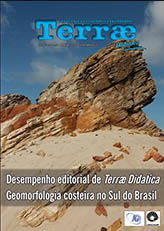
Volume 14, n1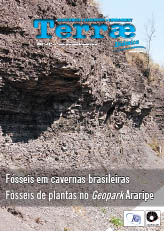
Volume 12, n3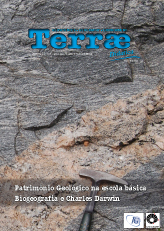
Volume 10, n2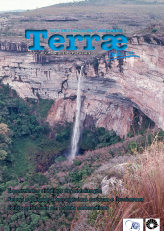
Volume 8, n2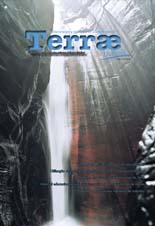
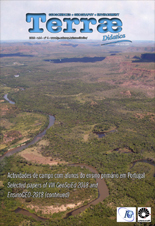
Earth system sciences and permaculture: contributions to environmental education
Eliza C. Wenceslau
Postgraduate Program of Teaching and History of Earth Sciences, PO Box 6152, 13083-855 Campinas, SP, Brazil. - eliza.cw@hotmail.com
Joseli M. Piranha
Reference Center in Earth System Science - CRECIST, Department of Chemistry and Environmental Sciences, Institute of Biosciences, Humanities and Exact Sciences,(IBILCE), São Paulo State University (UNESP), 2265 Cristóvão Colombo st., São José do Rio Preto, SP, Brazil. - joseli.unesp@gmail.com
Abstract: In view of the environmental crisis that plagues the world today, resulting from the dissociation of man and environment and the low effectiveness of educational policies, especially regarding Environmental Education, the need for a paradigm shift is evident, transforming the way of teaching and thinking about Environmental Education. In that respect, it is believed that the concepts advocated by Earth System Science, applied to Permaculture, can contribute to the development of a more humanistic and respectful culture, besides providing man with a new outlook on the environment. Thus, the present work exposes the foundations of these two theoretical references (Earth System Science and Permaculture), aiming to contribute to the reform in thought, and allowing the teaching and learning process in Environmental Education to be more effective and consistent. While Earth System Science allow the systemic understanding of the planet as well as the complex relationships between its various constituents, Permaculture seeks a harmonious coexistence of man and the environment. They value, in an analogous way, the interrelations between the constituents of the system, revealing alternatives that enable changes in the way the natural environment is occupied, making it more sustainable and raising consciousness.
Keywords: Permaculture, Earth System Sciences, Environmental Education, Geosciences Education.
DOI: 10.20396/td.v14i4.8653827
Copyright © 2005-2007 - Instituto de Geociências - Universidade Estadual de Campinas - UNICAMP - Brasil - Todos os direitos reservados -
Desenvolvimento: ![]()
